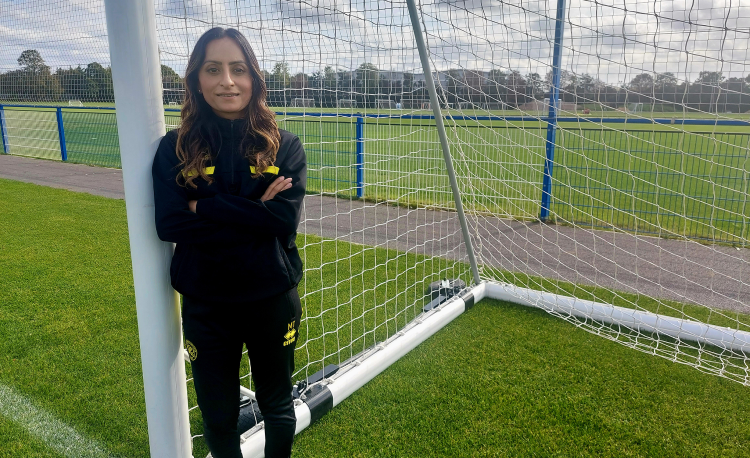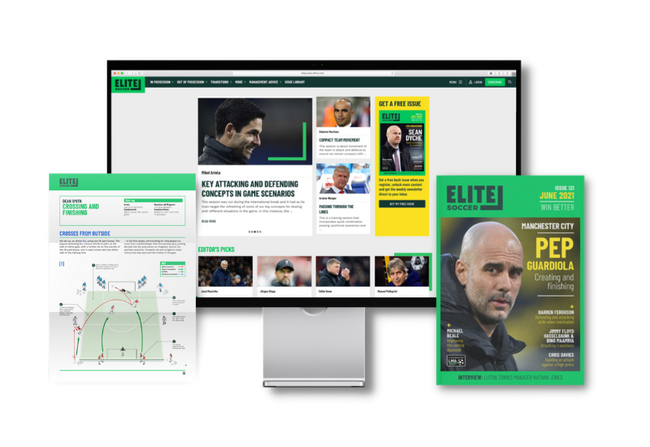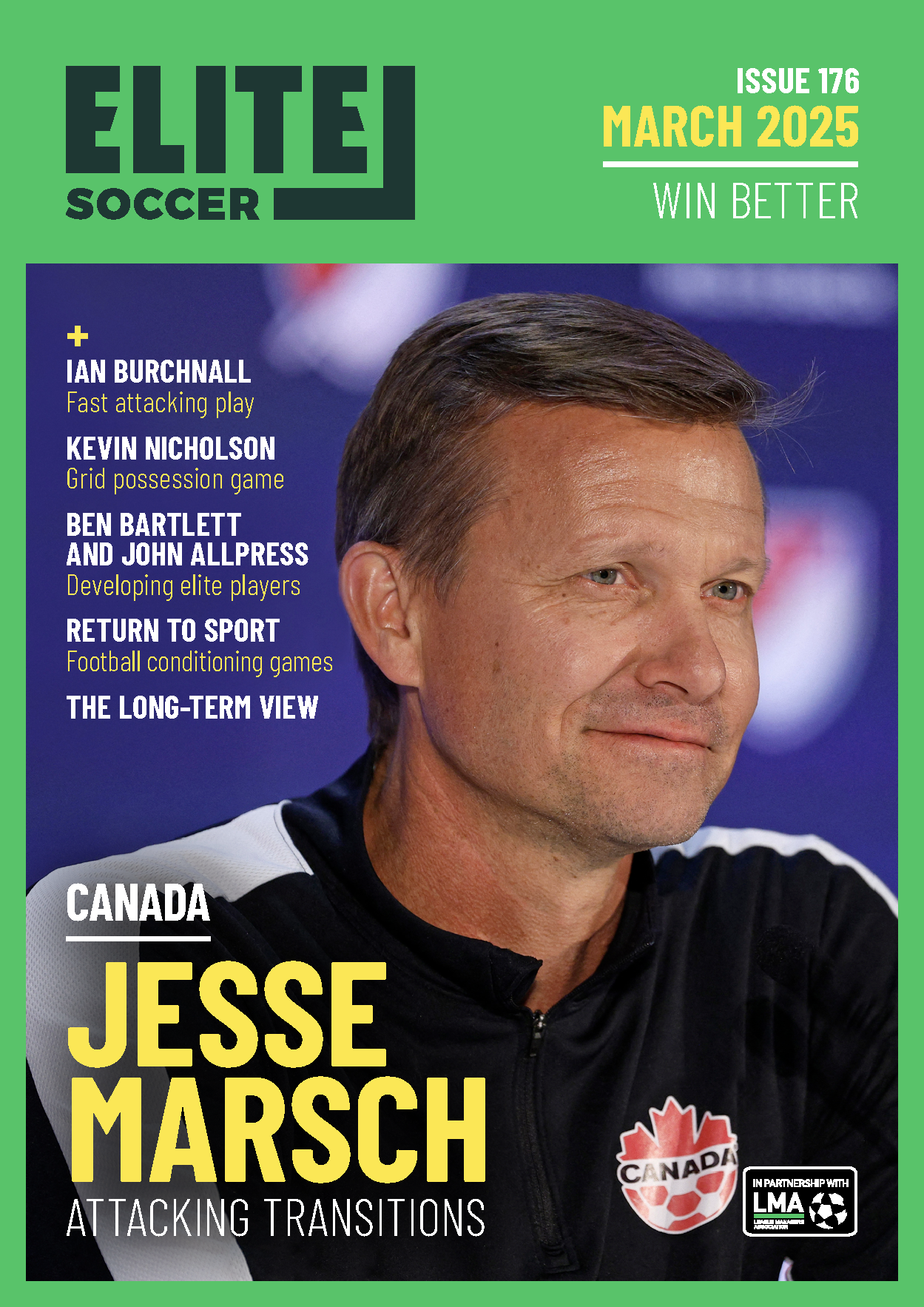Coach, teacher, pioneer
The first female South Asian coach in English professional football, QPR’s assistant head of academy coaching, Manisha Tailor, shares how she is advancing in, and shaping, the sport she loves

If proof were needed that success as a coach is dependent on neither gender, race nor playing experience, look no further than Manisha Tailor. While she’s currently blazing a trail on a number of fronts, her journey to becoming a coach, mentor, advisor and author was far from conventional.
Tailor was working as a deputy headteacher when, in 2011, she made the brave decision to change direction and work full-time in football. While it was an unconventional move, it was guided by both heart and mind.
“Football has always been very special for me, because it’s something I would watch and play with my twin brother, who suffered a mental breakdown nearly 25 years ago,” she explains. After her brother’s mental health deteriorated, Tailor sought any way she could to help with his recovery, and found that engaging more deeply with the sport that had been such a shared passion was a great way to feel closer to him. As she says, “It was a decision I made on moral purpose.”
First steps
By the time Tailor left her teaching post, she had already gained some fantastic experience of coaching at grassroots level, having worked with various school teams and established a football programme, which harnessed the power of the sport to engage children with numeracy and literacy. It was through one of these teaching roles that she met former England player Rachel Yankey, who encouraged her to begin the formal process of becoming a professional coach. Tailor started her coaching badges and gained more experience by volunteering at weekends at Yankey’s grassroots club.
“Working on Rachel’s schools programme, in particular, provided me with valuable experience,” recalls Tailor. “I had to learn to be highly adaptable and to problem-solve quickly, because often the playground or field we were due to be training on wouldn’t be available, or the number of players in the session would change at the last minute or even midway through training.”
It was during this formative phase that she began to hone some of what would become her core skills and ideals as a coach. “I learned, for example, that the quality of your coaching isn’t determined by the resources at your disposal, but by your ability to work with what you have, and to adapt to the needs of your players and the limits of your environment.”
With a huge range in the capability and commitment of her charges, Tailor had to find ways of connecting with each one as a person. “I found that they performed better when the environment empowered them to make their own decisions, and when they were respected as individuals and trusted with personal responsibility,” she says.
Tailor completed her UEFA B Licence in 2015 while she was working at Middlesex Girls Centre of Excellence as head coach and with an U16 grassroots boys’ team. She then followed this up with the FA Advanced Youth Award and her UEFA A Licence.
Editor's Picks
Attacking transitions
Deep runs in the final third
Using the goalkeeper in build-up play
Intensive boxes drill with goals
Penetrating the final third
Creating and finishing
My philosophy
Pressing initiation
Compact team movement
Coaches' Testimonials

Alan Pardew

Arsène Wenger

Brendan Rodgers

Carlos Carvalhal

José Mourinho

Jürgen Klopp

Pep Guardiola

Roy Hodgson

Sir Alex Ferguson

Steven Gerrard
Coaches' Testimonials

Gerald Kearney, Downtown Las Vegas Soccer Club

Paul Butler, Florida, USA

Rick Shields, Springboro, USA

Tony Green, Pierrefonds Titans, Quebec, Canada
Join the world's leading coaches and managers and discover for yourself one of the best kept secrets in coaching. No other training tool on the planet is written or read by the calibre of names you’ll find in Elite Soccer.
In a recent survey 92% of subscribers said Elite Soccer makes them more confident, 89% said it makes them a more effective coach and 91% said it makes them more inspired.
Get Monthly Inspiration
All the latest techniques and approaches
Since 2010 Elite Soccer has given subscribers exclusive insight into the training ground practices of the world’s best coaches. Published in partnership with the League Managers Association we have unparalleled access to the leading lights in the English leagues, as well as a host of international managers.
Elite Soccer exclusively features sessions written by the coaches themselves. There are no observed sessions and no sessions “in the style of”, just first-hand advice delivered direct to you from the coach.





